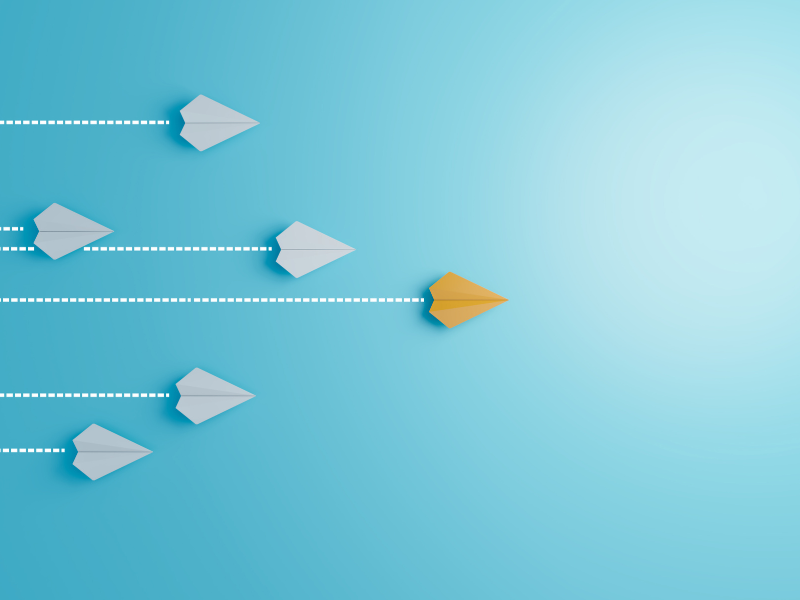Personal Finance
Personal finance is a process of managing your money and making informed financial decisions to achieve your financial goals. This can include creating a budget to track your income and expenses, saving and investing for the future, and paying off debt.
Creating a budget is an important part of personal finance because it helps you to understand how much money you have coming in and going out, and where you can make changes to improve your financial situation. A budget should include all of your regular income, such as your salary or wages, as well as any irregular income, such as gifts or bonuses. It should also include all of your regular expenses, such as rent or mortgage payments, utilities, and groceries, as well as any irregular expenses, such as car repairs or medical bills. By comparing your income to your expenses, you can see if you are spending more than you are earning, and make changes to your budget to reduce your expenses or increase your income if necessary.
Saving and investing are also important components of personal finance. Saving allows you to set aside money for emergencies, short-term goals, and long-term goals, such as retirement. Investing involves putting your money into assets, such as stocks, bonds, or mutual funds, with the goal of earning a return on your investment. Investing can be a powerful way to grow your wealth over time, but it also carries risks and requires careful planning and research.

Advantages of Personal Finance
Here are some of the advantages to practicing good personal finance, including:
- Improved financial stability: By managing your money effectively, you can achieve financial stability and reduce the risk of financial difficulties. This can help you to feel more secure and confident about your financial future.
- Ability to achieve financial goals: Good personal finance practices can help you to set and achieve financial goals, such as saving for a down payment on a house or paying off debt.
- Increased financial flexibility: By having a solid financial foundation, you will have more flexibility to make choices about your career and lifestyle.
- Reduced stress: Financial stress can have a negative impact on your overall well-being. By taking control of your financial situation and reducing financial stress, you can improve your overall quality of life.
- Ability to plan for the future: Personal finance can help you to plan for the future by saving and investing for retirement, as well as making informed decisions about insurance and other financial matters.
Overall, practicing good personal finance can lead to a more secure and stable financial future, and help you to achieve your financial goals and live the life you want.

Disadvantages of Personal Finance
While practicing good personal finance can have many benefits, there are also some potential drawbacks to consider. These may include:
- Time and effort required: Managing your personal finances can be time-consuming, especially if you are trying to get out of debt or improve your financial situation. It may take time and effort to create a budget, track your spending, and make changes to your financial habits.
- Limited flexibility: While having a solid financial foundation can give you more flexibility in some areas, it may also limit your options in others. For example, if you are trying to pay off debt, you may have to cut back on certain expenses or postpone certain goals.
- Risk of failure: There is always the risk that your financial plan may not work out as expected. You may encounter unexpected expenses, changes in your income, or other challenges that can affect your financial situation.
- Need for discipline: Personal finance requires discipline and commitment. You may need to make sacrifices and stick to your financial plan even when it is difficult.
Overall, while there are potential drawbacks to practicing good personal finance, the benefits of financial stability, security, and the ability to achieve your financial goals often outweigh the challenges.
Conclusion
In conclusion, personal finance is the process of managing your money and making informed financial decisions to achieve your financial goals. This includes creating a budget, saving and investing for the future, and paying off debt. Good personal finance practices can lead to improved financial stability, the ability to achieve financial goals, increased financial flexibility, reduced stress, and the ability to plan for the future. However, practicing good personal finance can also require time and effort, may involve making sacrifices or limitations, carries the risk of failure, and requires discipline and commitment.

